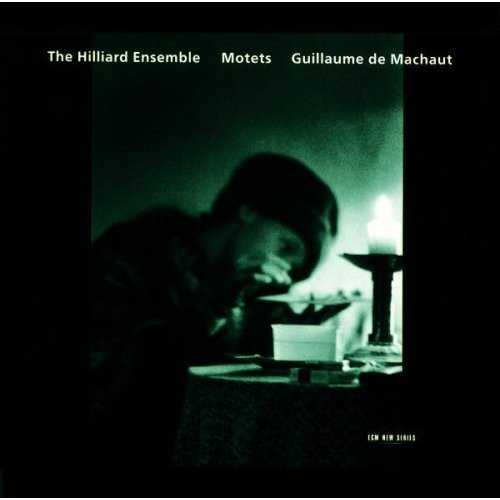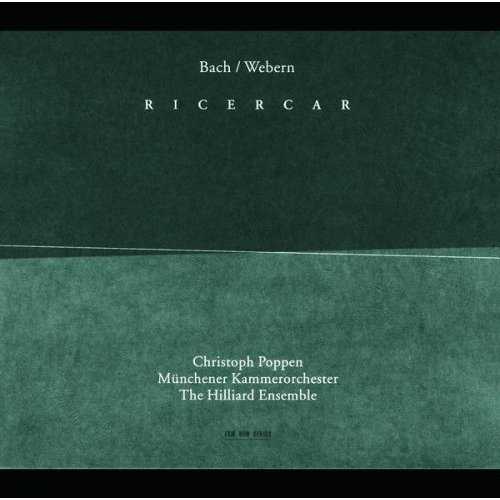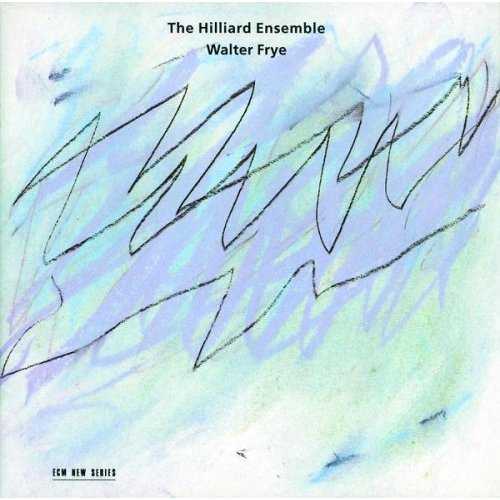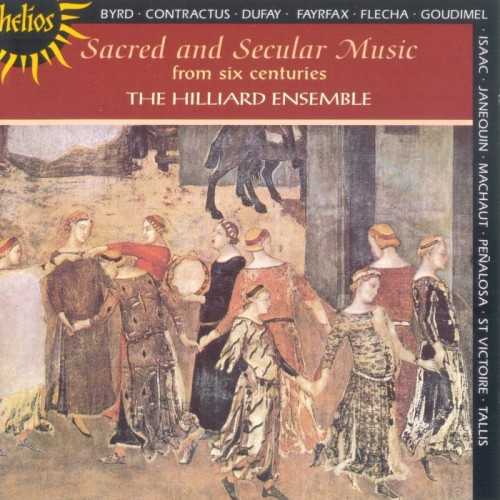
Audio CD
SPARS Code: DDD
Number of Discs: 1
Format: APE (image+cue)
Label: Ecm Records
Size: 253 MB
Recovery: +3%
Scan: yes
01. De souspirant cuer M2
02. Fine Amour, qui me vint navrer M3
03. Puis que la douce rousée M4
04. Qui plus aimme M5
05. Lasse! je sui en aventure M7
06. Ha! Fortune M8
07. O livoris feritas M9
08. Helas! où sera pris confors M10
09. Fins cuers dous M11
10. Eins que ma dame d’onnour M13
11. Faus Samblant m’a deceü M14
12. Se j’aim mon loyal ami M16
13. Bone pastor M18
14. Diligenter inquiramus M19
15. Biauté parée de valour M20
16. Veni creator spiritus M21
17. Plange, regni respublica M22
18. Inviolata genitrix M23
Hilliard Ensemble as Good as Ever
The Hilliard Ensemble was founded by Paul Hillier thirty years ago, a small male choir specializing in vocal music of the Mediaval and Renaissance periods. Although they’ve strayed a bit from their original purpose in those thirty years, recording modern music more and more frequently (as well as having several compositions comissioned for them) and even releasing a billboard-charting crossover album about ten years ago (the beautiful “Officium”), in this new release they get back to their early music roots.
And, I’m happy to say, they still sound as wonderful as ever.
Guillaume Machaut was one of the most versatile composers of his time, writing polyphonic music for the church, chansons, motets, and monodic songs and virelais as well. He’s one of the few composers of the time whose work survives in bulk, and one of the few whose life was even close to being documented. Because of that, he has a sort of aura about him as one of the first “professional” composers that we know of. His music is brilliant, diversified, and soul-wrenching.
His motets are highly representational, not only of his secular output in particular, but of the motet form of the high Renaissance in general. They are almost always in three parts (the duplum, triplum, and tenor) with each part having a different text; in many cases, the texts, sung simultaneously, are extremely different in character and subject, which makes them all the more fascinating.
There is a great sadness to Machaut’s motets, and the Hilliard Ensemble captures this sublime melancholy perfectly. The word “ethereal” is bandied about and used far too frequently these days, but it is a fitting description for the sound of this music: if you’ve never heard this sort of thing, you have a real treat in store for you. Though written some six hundred years ago, these pieces are remarkably contemporary and, like all great art, have a timeless quality that speaks to us today. The texts, also, deal with emotions and problems for humans that are as easy to relate to today as they were when they were written. Fortunately, complete English translations are included in the CD booklet, I would heartily recommend that any listener read them to get the full experience of these amazing works.
To conclude, this is a terrific release, and should please anyone who enjoys beautiful music, not just the early music aficionado.



